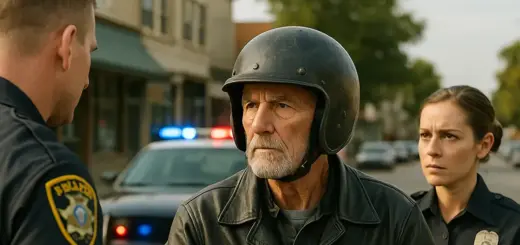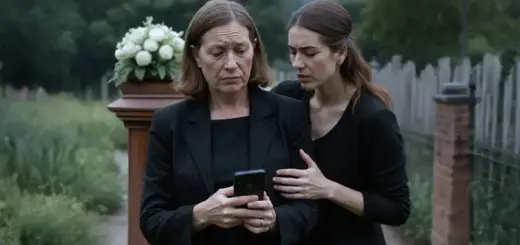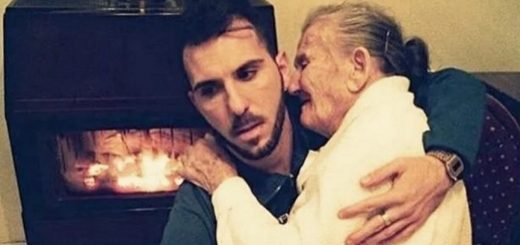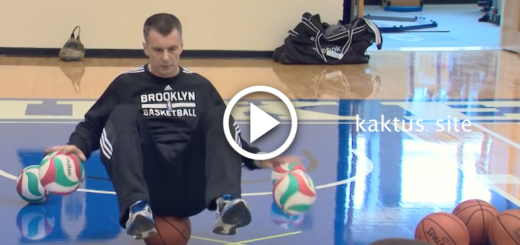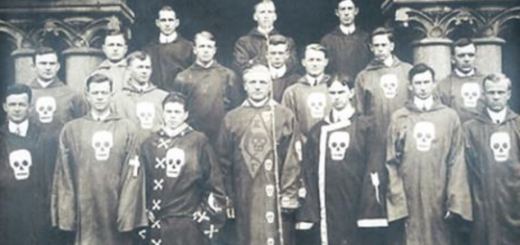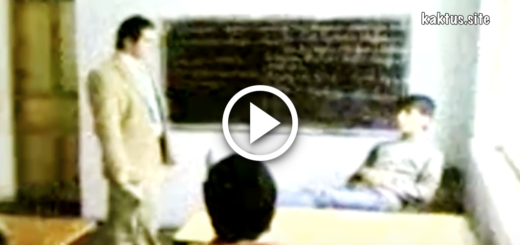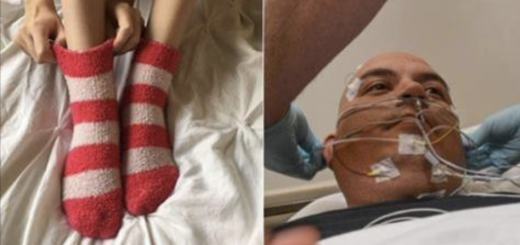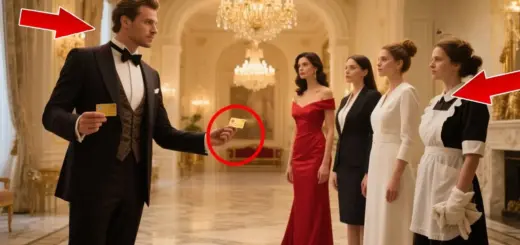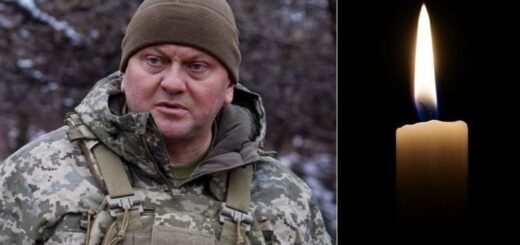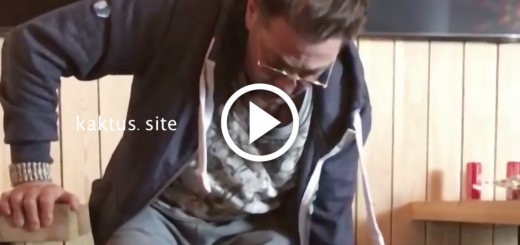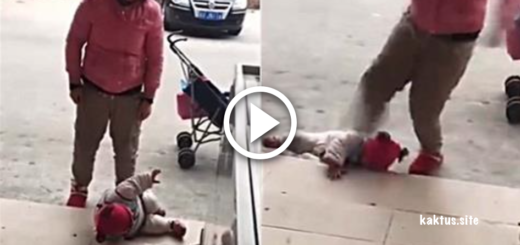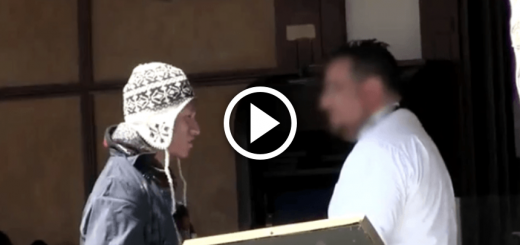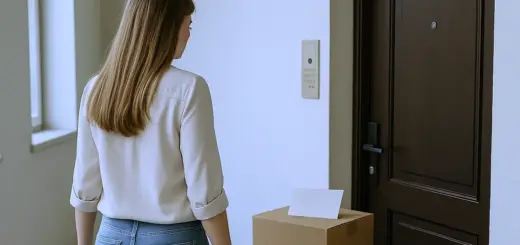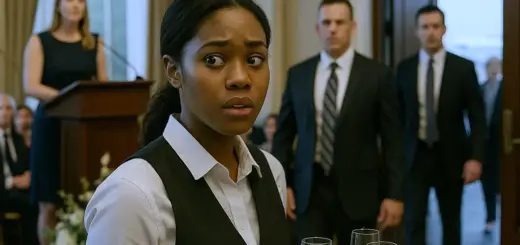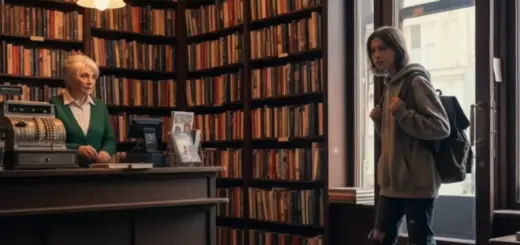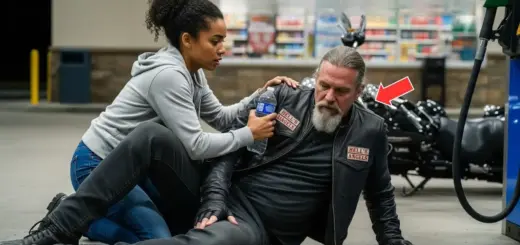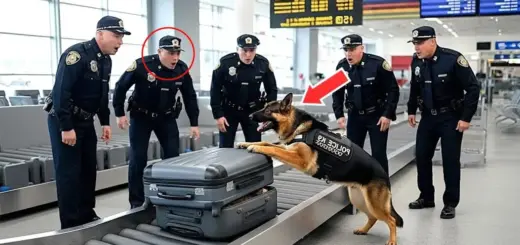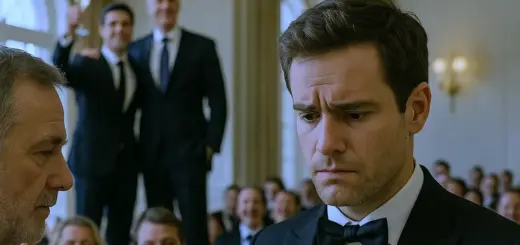Everything was meticulously organized and appeared completely ordinary. Too ordinary. Robert had been hiding something. Which meant he’d been good at it.
I checked my watch. 11:30. The house felt different now. Charged with secrets. Every shadow seemed darker. Every creak more ominous.
In the filing cabinet, I found our property deed. I’d never actually read it before. Robert had handled all the paperwork.
Now, studying it by lamplight, I saw something that made my stomach clench. The property hadn’t been purchased outright in 1992. It had been transferred. The previous owners were listed as William and Catherine Morse.
The couple in the photograph. The couple whose estate I was supposedly named in. We hadn’t bought this farm. We’d been given it.
Why would anyone give away a hundred-acre farm with a house and barn? What had Robert done to earn that kind of gift?
The grandfather clock struck midnight, and I nearly jumped out of my skin. «Get it together, Diane,» I told myself. «You’ve lived through Robert’s cancer, through running this farm alone, through two Vermont winters without him. You can handle this.»
I moved to the bedroom, to Robert’s closet. His clothes still hung there. I hadn’t been able to part with them yet.
I ran my hands along the pockets of his jackets, feeling foolish, like a character in a movie. But in the inside pocket of his good Sunday blazer, I found something.
A business card. Old and worn from being handled repeatedly. «Morse and Associates. Private investment firm. William Morse. Senior partner.» An address in Boston.
A phone number that had been disconnected. I tried it immediately. Private investment. Partnership. The words from the photograph echoed in my mind.
I sat on the edge of the bed, trying to piece it together. Robert had worked for William Morse in some capacity. They’d invested in something together. And somehow, Robert had ended up with their farm.
The headlights swept across the bedroom wall. I froze. It was only 12:15. Too early for Thornton.
I moved to the window and peered out through the curtain. A dark SUV had pulled into my driveway, its engine still running. As I watched, Albert got out of the driver’s side.
My son. Here. Now. He was supposed to come tomorrow morning. He’d said tomorrow morning.
Unless he’d lied. Unless he’d never intended to wait.
I watched him walk to the front door, his movements purposeful. Confident. He had a key. Of course he had a key.
I’d given him one years ago, for emergencies. This qualified as an emergency. But not the kind I’d imagined when I’d handed him that key.
I heard it turn in the lock downstairs. Heard the front door open.
«Mom?» Albert called out. His voice echoed through the house. «Mom? I know you’re here. Your car’s in the driveway.»
I didn’t answer. My mind raced. The lawyer had said not to let anyone in. Even Albert. Especially Albert.
«Mom? I talked to Sheriff Daniels. There was no deputy sent out here tonight. You lied to me.»
His footsteps moved through the first floor. I could track his progress. Living room, kitchen, dining room. He was searching methodically. Just as I had been.
«I’m trying to help you,» he called out. «You’re confused. The lawyer who called you, James Thornton, he’s not who he says he is. He’s trying to scam you. To take advantage of your grief.»
I pressed my back against the bedroom wall. Barely breathing. He was at the bottom of the stairs now.
«Mom? Please. I’m worried about you. These paranoid thoughts. The lying. These are signs. Dad would want me to take care of you.»
Don’t bring your father into this, I thought with sudden fierce anger. Don’t you dare use him as justification.
Albert’s footsteps started up the stairs. Heavy. Deliberate. Not the sound of a worried son. The sound of someone who’d already made up his mind.
I moved silently to the bedroom door and turned the lock. It wouldn’t hold him for long if he really wanted in. But it might buy me time.
«Mom?» His voice was sharper now, right outside the door. He tried the handle. «Why is this locked? Are you in there?»
«I’m fine, Albert. Go home. Come back tomorrow, like you said.»
«Open the door.»
«No.»
The silence that followed was worse than his anger would have been. When he spoke again, his voice had changed. Softer. More manipulative. I recognized this tone from his childhood. From the times he’d tried to convince me that the broken window or the missing money hadn’t been his fault.
«Mom? I love you. You know that, right? Everything I’m doing is because I love you. But you’re not thinking clearly. The farm is too much for you. The isolation is affecting your judgment. I’ve been talking to some excellent care facilities.»
«I’m 63 years old and I can still outwork men half my age. I don’t need a facility.»
«You’re having paranoid delusions. You lied about a sheriff’s deputy being here. You’re refusing to open your bedroom door to your own son. These aren’t the actions of someone who’s coping well.»
Through the door, I heard another sound. Paper rustling. He’d found something.
«Interesting,» Albert said, his voice taking on a new edge. «A key. And a note from Dad. About a safe deposit box in Burlington.»
A pause. «Box 247. ‘Tell no one. Especially not Albert.’ He laughed, but there was no humor in it. «Well, that’s pretty clear, isn’t it? Did you find this tonight, Mom? Is that what this is all about?»
My heart sank. I’d left the note on Robert’s desk when I’d moved on to search the bedroom.
«That’s private,» I said.
«Private? Mom, Dad’s been dead for two years. Whatever he was hiding, it’s time to bring it into the light. For your own good. Give me back that note.»
«I don’t think so. In fact, I think tomorrow morning, you and I are going to take a drive to Burlington together. We’re going to open that box and see what Dad was so worried about. And then we’re going to have a serious conversation about your future.»
«I’m not going anywhere with you.»
«Yes,» Albert said. And his voice had gone cold and flat. «You are. Because if you don’t, I’m going to the court tomorrow afternoon with three doctors who’ve reviewed my documentation of your declining mental state. By tomorrow evening, I’ll have emergency guardianship, and you won’t have a choice about anything anymore.»
The words hit me like ice water. He’d been planning this. The nightly phone calls, the questions about whether I was alone. He’d been building a case, documenting what he’d call evidence of isolation and paranoia.
«You can’t do that,» I said, but my voice shook.
«I can. I have. The only question is whether you make this easy or hard. Open the door, Mom. Let’s talk about this like adults.»
I looked at the clock on the nightstand. 12:35. Thornton wouldn’t be here for at least another twenty-five minutes. Could I hold Albert off that long?
«I need a minute,» I said. «Let me, let me get dressed. I’m in my nightgown.»
«You have two minutes.» His footsteps retreated slightly, but I could tell he was still right outside the door.
I moved to the window. The bedroom was on the second floor, but there was a trellis below, old and probably rotten, but it had held Robert’s climbing roses for twenty years. Could it hold me? Did I have a choice?
I eased the window open as quietly as I could, wincing at every small sound. The November air rushed in, cold and sharp. I looked down. The trellis looked even more fragile from this angle.
«Time’s up, Mom.» The door handle rattled.
I swung my leg over the windowsill.
«Mom,» Albert’s voice rose. «What are you doing? Are you…?»
The door crashed open just as I lowered myself onto the trellis. I heard Albert swear, heard him rush to the window.
«Mom, stop! You’re going to hurt yourself!»
But I was already climbing down, my hands finding holds by instinct, my body remembering how to move despite the years. The trellis creaked and groaned, but it held. My feet touched the ground just as the top of the trellis pulled away from the house with a crack like a gunshot.
I stumbled backward, landing hard on the cold earth. Above me, Albert leaned out the window. «Mom, are you insane?»
I got to my feet, my hip aching but functional, and ran. Not toward the driveway; Albert would just catch me with his SUV. Instead, I ran toward the orchard, toward the darkness between the bare trees.
«Mom!» Albert was on his phone now. I could hear his voice carrying across the night. «Yeah, it’s me. She’s running. Found the note about the box. We need to move up the timeline.»
I kept running, my breath coming in short gasps, branches catching at my clothes. Who was he talking to? Who else was involved in this?
I reached the old equipment shed at the far edge of the orchard and ducked inside, pressing myself against the wall. Through the gaps in the boards, I could see the house lights, could see Albert’s silhouette moving through the rooms.
My phone. I’d left my phone in the house. I was alone, in the dark, in my nightgown and slippers, while my son hunted me through my own property. The absurdity of it would have been funny if it weren’t so terrifying.
A new set of headlights turned into the driveway. For a wild moment, I hoped it was Thornton, arriving early. But this was a sedan. And I watched a woman get out.
Tall, elegant, expensive coat. Rachel. Albert’s wife.
She walked up to the house like she owned it. And Albert met her at the door. They spoke in low tones I couldn’t hear. But their body language was clear. They were strategizing. Planning.
Rachel had never liked me. She’d made that clear from the moment Albert brought her home eight years ago. She found the farm quaint and dirty. Found my lifestyle unsophisticated.
But I’d never imagined she’d help Albert do… whatever this was. Unless she was the one who’d pushed him into it. I shivered in the cold shed, watching my son and daughter-in-law hunt for me. The farm that had been my sanctuary for 40 years had become a trap.
Another set of headlights. This time, a silver Mercedes. Expensive. Out of place.
James Thornton stepped out, carrying a leather briefcase. He looked at the two cars in the driveway. At Albert and Rachel standing on the porch. And his expression hardened.
He was early. Thank God he was early.
I watched him approach the house. Watched the confrontation unfold in pantomime. Albert blocking the door. Thornton showing identification. Rachel on her phone. Agitated.
Then Thornton did something unexpected. He handed Albert a document. Said something sharp. And got back in his car.
But he didn’t drive away. He pulled to the side of the driveway and killed the engine. Waiting.
Albert and Rachel retreated into the house. The lights went on in every room. They were searching for me.
I had to get to Thornton. Had to reach that car. But fifty yards of open ground lay between the equipment shed and the driveway. And Albert had positioned himself at the window with a clear view.
The phone in the house rang. I could hear it even from here. Shrill and insistent. Once. Twice. Three times.
It stopped. Then moments later, every light in the house went out. The power. Someone had cut the power.
In the darkness, I heard Rachel’s voice rise in alarm. Saw flashlight beams sweep through the rooms. This was my chance. Maybe my only chance.
I ran. I ran through the darkness. My slippers silent on the frost-hardened grass.
Behind me, I heard Albert shout something. Heard Rachel’s higher-pitched response. The flashlight beam swung wildly. Searching.
But I was already at Thornton’s Mercedes. Yanking open the passenger door and throwing myself inside.
«Drive,» I gasped. «Drive now.»
Thornton didn’t hesitate. The engine roared to life and we shot backward down the driveway, gravel spraying. In the rearview mirror, I saw Albert running after us. His face twisted with rage in the scattered light from Rachel’s flashlight.
We hit the main road and Thornton accelerated, the farmhouse disappearing behind the bare trees. Only then did I realize I was shaking uncontrollably, my nightgown soaked with cold sweat despite the November chill.
«Mrs. Hartwell,» Thornton said calmly, as if elderly women in nightgowns fled their homes into his car every day. «I brought a blanket. It’s in the backseat.»
I reached back and pulled it around my shoulders, the wool rough but warm. «Thank you.»
«I assume that was your son. And his wife. They were searching for me. He found the note Robert left about the safe deposit box. He’s planning to have me declared incompetent tomorrow.»
Thornton nodded grimly. «He called my office this afternoon. Threatened legal action if I contacted you. Said you were susceptible to fraud due to diminished mental capacity.» He glanced at me.
«You just climbed out a second-story window and outran two people 30 years younger. I’d say your capacity is fine.»
Despite everything, I almost smiled. «Where are we going?»
«Somewhere safe. Somewhere we can talk.» He pulled out his phone and handed it to me. «First, call the sheriff. Report a break-in. Your son entered your home uninvited and you felt threatened. That’s the truth, isn’t it?»
«He has a key. I gave it to him.»
«Did you give him permission to use it tonight? To trap you in your bedroom? To hunt you through your property?»
I took the phone. «No.»
«Then it’s trespassing at minimum. Make the call.»
My hands still trembled as I dialed. Sheriff Daniels answered on the third ring, his voice thick with sleep. I explained what had happened. A carefully edited version that kept to the facts without mentioning lawyers or safe deposit boxes or mysterious partnerships from 1992.


